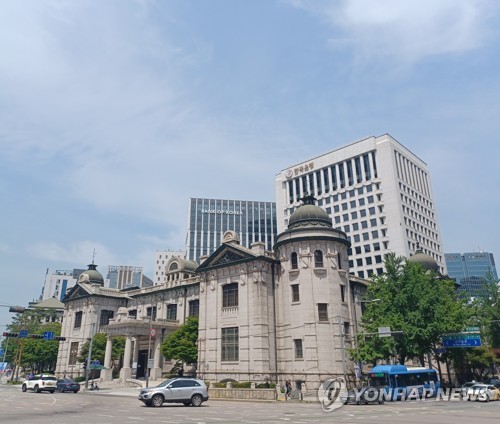
(Seoul=Yonhap Infomax) Jee Hyun Son –
Short-term forecasting of the foreign exchange market—specifically within a 12-month horizon—can be significantly improved by leveraging news text data, according to new research findings.
Professor Seo Beom-seok of the Department of Statistics at Sookmyung Women's University presented these results at a joint statistics forum hosted by the Bank of Korea and the Korean Statistical Society on the 19th at the Bank of Korea’s annex conference hall in Jung-gu, Seoul.
Professor Seo reviewed data-driven methodologies for predicting the USD/KRW exchange rate and analyzing its volatility factors, supplementing traditional exchange rate theories.
The study analyzed the potential for improving USD/KRW forecasting accuracy by utilizing a combination of exchange rate trends (image data), domestic and international issue-related news (text data), and macroeconomic indicators (numerical data).
In particular, the research categorized news data into 12 key event categories—including politics, policy, geopolitics, uncertainty, international finance, inflation, and real economy issues—to analyze the impact of each on exchange rate fluctuations. This approach enabled a practical decomposition of FX volatility drivers centered on domestic and global issues.
Model estimation results indicated that text-based information is partially useful for short-term (within 12 months) exchange rate forecasting.
“Analytical models built on text data can quantify market issues and be applied to scenario analysis in the FX market,” Professor Seo noted.
Separately, Professor Han Hee-joon of the Department of Economics at Sungkyunkwan University introduced a new multi-input long short-term memory (LSTM) model to enhance the accuracy of stock market volatility forecasts using machine learning.
Professor Han emphasized that variables related to stock market supply-demand trends and capital flows play a critical role in volatility prediction.
During the forum, the Bank of Korea also presented achievements in improving existing statistics and developing new indicators by applying small language models (SLM) and machine learning techniques.
Kim So-jung, manager of the Bank of Korea’s Statistics Research Team, proposed enhancing the utility of sentiment indices by calculating a news sentiment index based on comprehensive economic news analysis using SLM.
Kim Ki-yong, manager of the Bank of Korea’s Statistical Information Team, explored ways to better reflect economic realities in the national accounts by estimating Korea’s data production value through machine learning methods.
jhson1@yna.co.kr
(End)
Copyright © Yonhap Infomax Unauthorized reproduction and redistribution prohibited.

